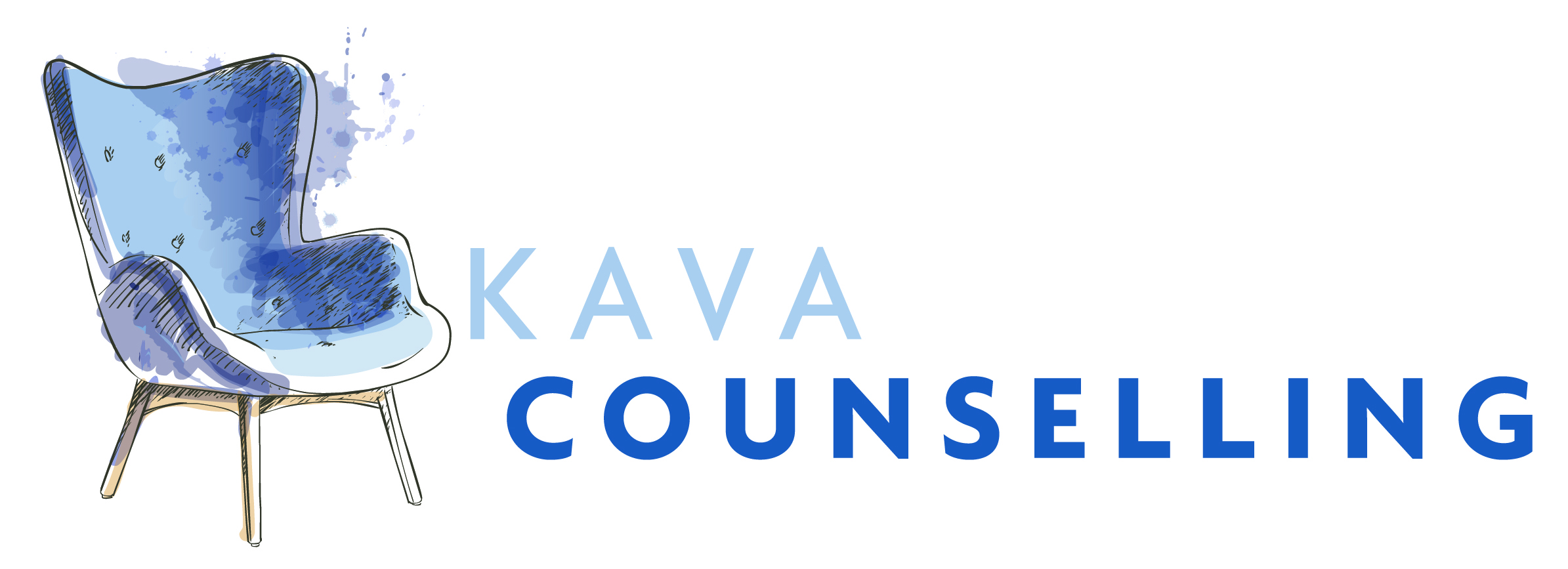Endings, disruption and ‘unwelcome’ change
Last month an obstacle dropped into my life, with the grace and charm of a ton of dung. Someone made a decision that changed my long-term plan. I was horrified and the decision itself made no sense. After shock and outrage, came diplomacy, as I started to negotiate. Six weeks later, there’s no conclusion, but I grudgingly accept that it’s not the end of the world. I’m not happy about it and I still hope to get what I want – but I’m using this enforced pause to review endings, disruption and ‘unwelcome’ change.
Theories of change
Change disrupts, it stops our daily, predictable routine. It demands more effort, even when it’s our choice. There comes a point when the effort feels too much – and that’s when theory can help to illustrate the process; it normalises it, shows us it’s universal and not personal to us.
Five stages of grief
I cycled through the five stages of grief identified by Elizabeth Kubler Ross: denial, anger, depression, bargaining, acceptance.
Image above: http://changingminds.org/disciplines/change_management/kubler_ross/kubler_ross.htm
I’ll flag up that, although they are listed in order, they may not be ‘felt’ in a straight line. And that they apply to any interruption, not only bereavement.
Denial is part of shock, ‘this cannot be’. Anger is at the interruption of plans; a flash of frustration, of toddler-like powerlessness. Depression follows as we absorb the impact, the limit imposed on us. So we try to negotiate, to bargain, like this is just another contract in the disregulated market of our lives. Finally, we have to accept. Stop fighting and, with grace or a growl, accept. Because 1. change is inevitable and 2. we can’t always get what we want.
Outsmart suffering?
Or can we? I keep hearing people blame themselves for ‘not avoiding pain’; I do it myself. I don’t mean being responsible for our actions: I mean not having omniscient control of all aspects of existence. We seem – myself included – to believe we can outwit suffering; perhaps knowledge and technology implies we can sidestep feeling lost or confused. That we have learned enough – collectively – not to be hurt or anxious. And yet, we are.
There’s an engrained resistance to suffering which is very natural – who wants to feel pain? But isn’t wisdom accepting that pain is part of life, that the other side to love is loss, just as hope comes with risk?
For better for worse
The Christian marriage vows explicitly state ‘for better for worse, for richer for poorer’ because that is what happens. Life does not, cannot, always go our way. If it feels like a betrayal, then perhaps we should have read the small print (or even the headlines). This is something I do myself and with clients; ask what the deal is, the contract we were raised on. My upbringing was, “If I work hard I’ll do well”, ”If I am kind / charitable / thoughtful [insert virtue here], then I will be protected”. But holding only that thought does not allow for disaster, instead it makes me accountable for whatever lands in my path, even things beyond my control.
#Perspective
I need to step back and take a wider view, when facing difficulty. The Buddha taught the truths of interconnectedness and impermanence, to help us reconcile to life’s disappointments. In the 1950s, Carl Rogers, Albert Ellis & al founded their theories of personality and rational / emotional behaviour, following their clients’ distress. Understanding the reasons for our feelings, that they are a natural response to events, not signs of personal weakness or failure, is crucial to a healthy view of ourselves and a realistic view of the world. Whatever lands in our path.
